By Richard G. Evans, Partner | Alecia Johns, Associate | Norman Hau, Partner | Emily So, Associate
In the decision of Yao Juan v. Kwok Kin Kwok and Crown Treasure Group handed down on 23 April 2020, the Hon Justice Jack ruled on the quantum of costs payable to the First Defendant (represented by Conyers), pursuant to a Court of Appeal order that the Claimant pay the First Defendant’s costs of lengthy unfair prejudice proceedings issued in the BVI Commercial Court. Following a detailed assessment, which took place over the course of three days and was conducted remotely, the Court ruled that the First Defendant was entitled to approximately 92% of the total costs and disbursements claimed.
Significantly, the Court determined the issue of the recoverability of costs in respect of work done by three fee earners of Conyers based in Hong Kong who were not BVI admitted at the relevant time. The Claimant argued that these costs were irrecoverable pursuant to section 18(3) of the Legal Profession Act, 2015 (the “LPA”) and in light of the Court of Appeal’s rulings in Garkusha (BVIHCMAP2015/0010, decided 13 January 2016) and Shrimpton (BVIHCMAP2016/0031, decided 3 February 2017). However, the Commercial Court ruled that those Court of Appeal decisions were distinguishable on the basis that they concerned the fees of a separate, foreign law firm being claimed as a disbursement. This was in contrast to the costs claim in the present case, being for the recovery of fees incurred by non-BVI admitted lawyers (working under the supervision of BVI admitted lawyers) as part and parcel of a BVI firm’s own fees.
The Court ruled that the fees were recoverable on the basis that the fee earners were not “acting as [BVI] legal practitioners” in their own right within the meaning of section 18(3) of the LPA. Rather, they were doing work for a firm of BVI legal practitioners and were not holding themselves out as being BVI legal practitioners. In support of this finding, the Court examined a number of English authorities which adopted a restrictive interpretation of the phrase “acting as a solicitor” in section 20(1) of the English Solicitors Act, 1974 (analogous to section 18(3) of the LPA) and its predecessors. In reference to these authorities, the Court outlined that the costs of non- solicitors employed by law firms (such as trainee solicitors) were always recoverable on an assessment (subject to the usual rules of reasonableness). In the final analysis, the Commercial Court held that section 18(3) of the LPA was not intended to disallow the recovery of fees incurred by a non-enrolled person employed by a BVI legal practitioner, provided the latter has “ultimate responsibility” for the work product.
The demand for BVI dispute resolution services has continued to increase in Asia (particularly in Hong Kong and the PRC) in recent years. BVI trials lasting for multiple weeks involving Asian parties are not uncommon. The decision is welcome guidance and clarification on the recoverability of costs incurred by non-qualified persons employed in BVI firms.
Conyers acted for the First Defendant throughout, including in the costs assessment. Richard Evans, partner, appeared for the successful cost applicant, along with associate Alecia Johns, supported by the Conyers Hong Kong team of Norman Hau, partner and Emily So, associate.

Richard Evans

Norman Hau

Alecia Johns

Emily So



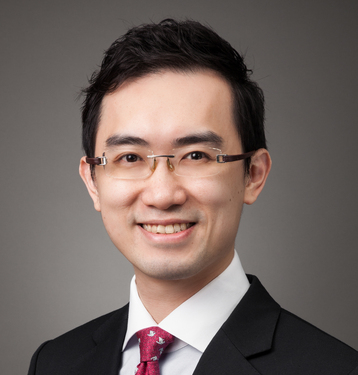




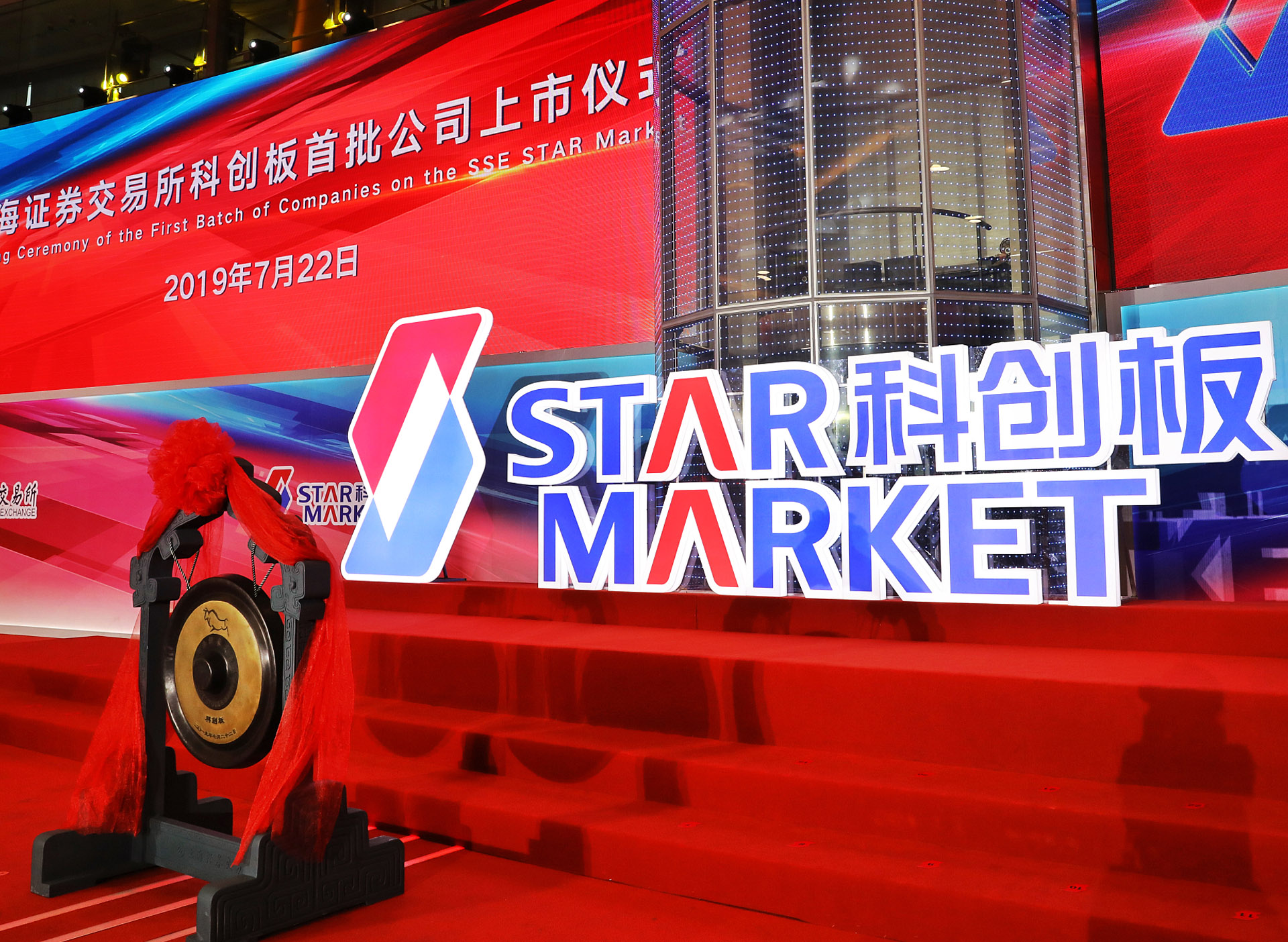
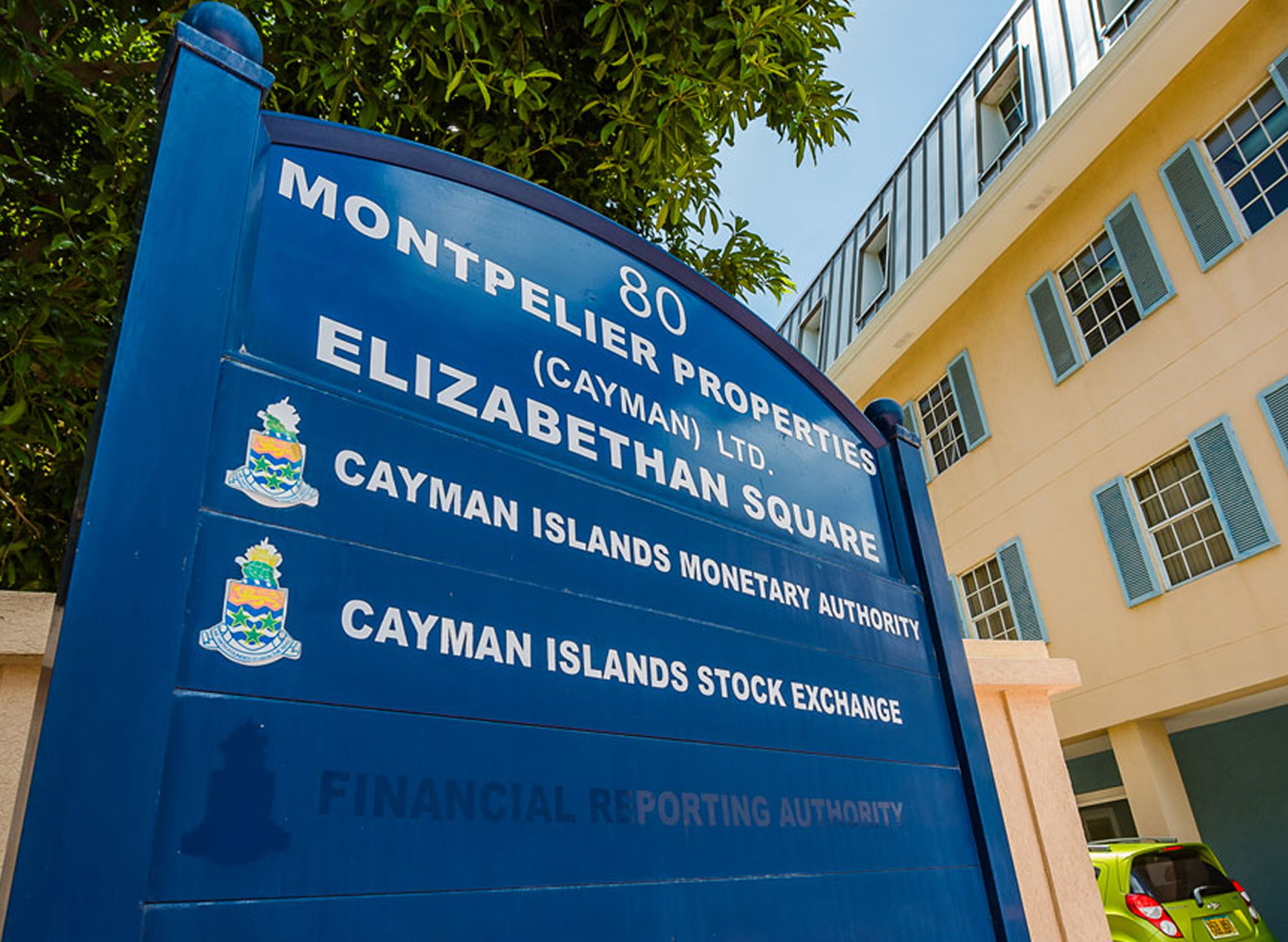

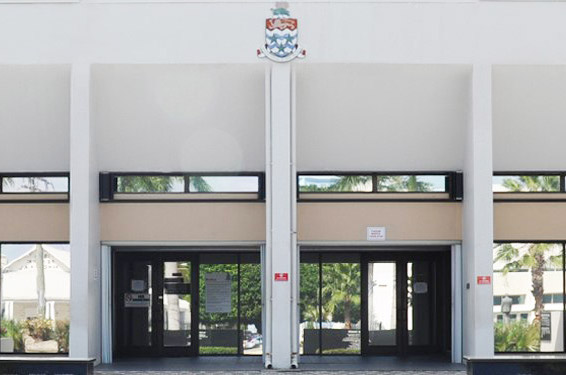



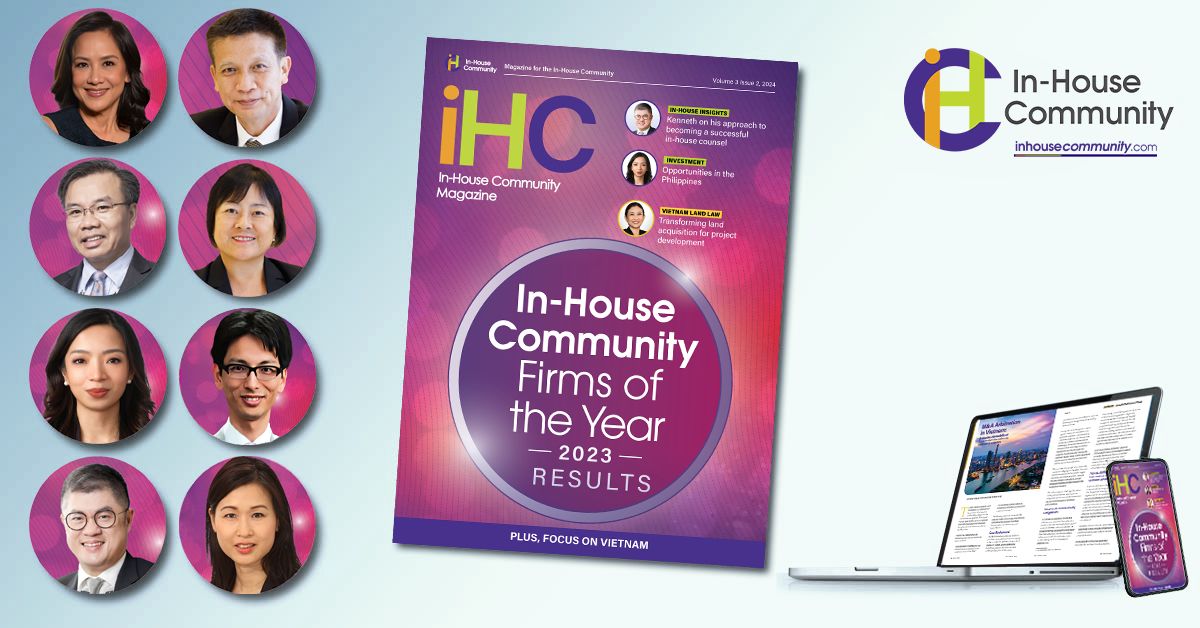


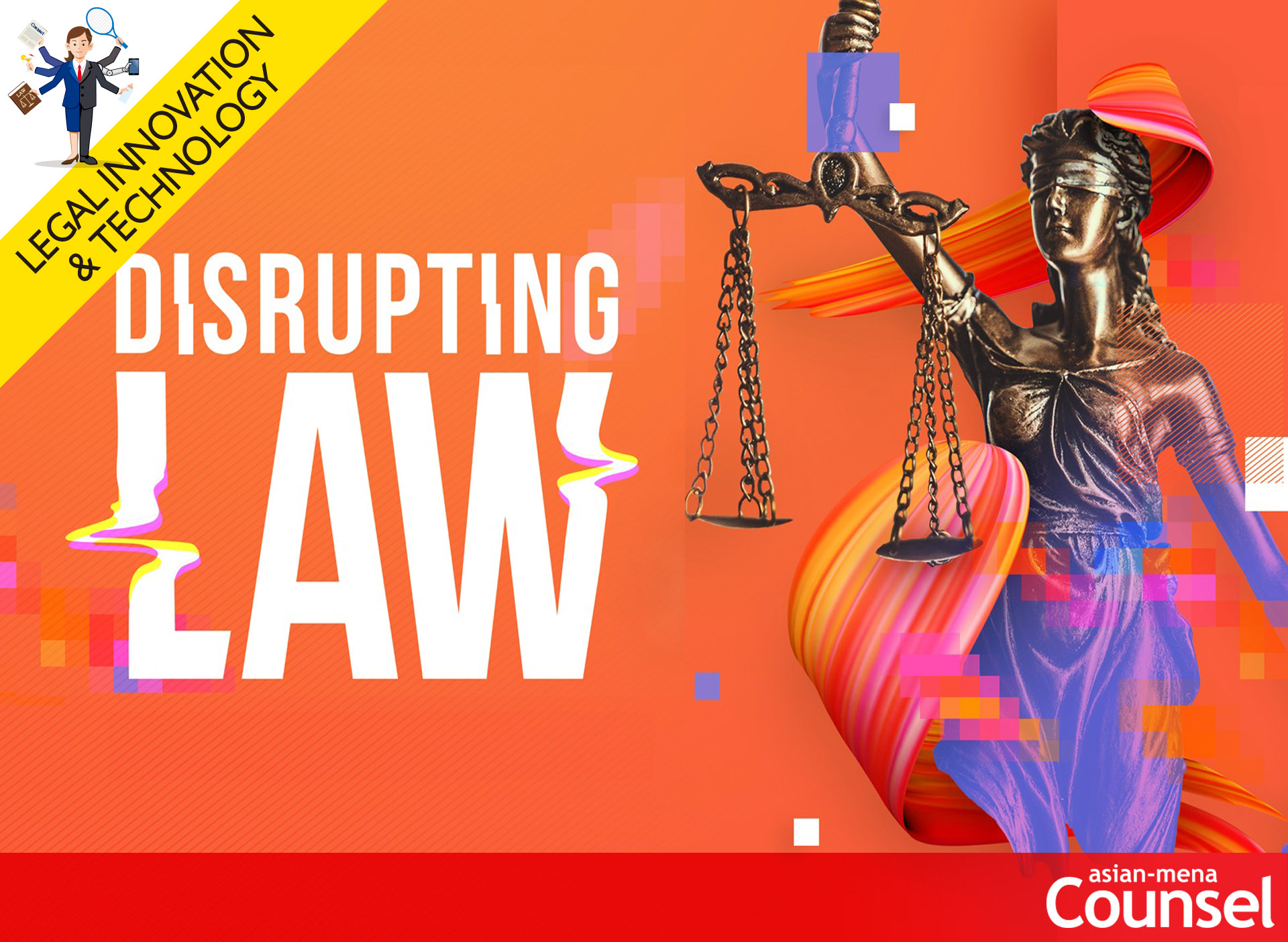


 Conyers
Conyers Christopher Bickley
Christopher Bickley




